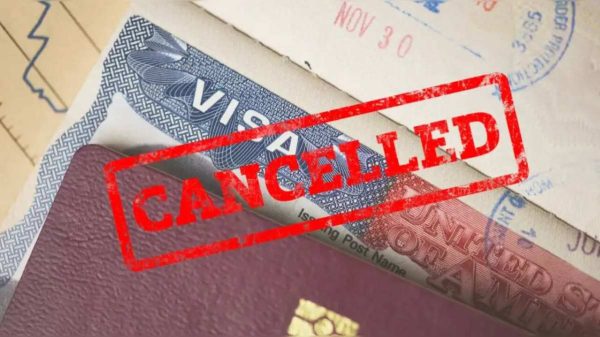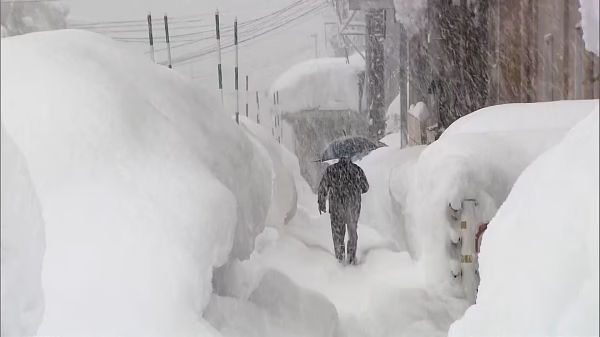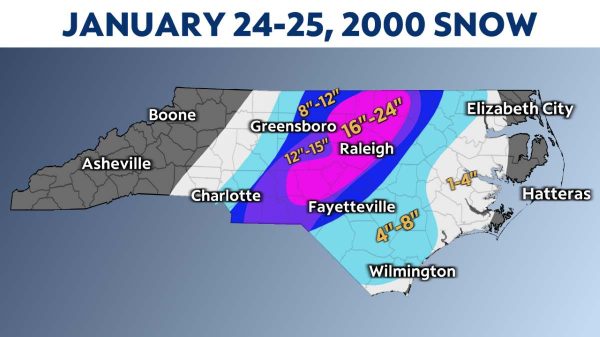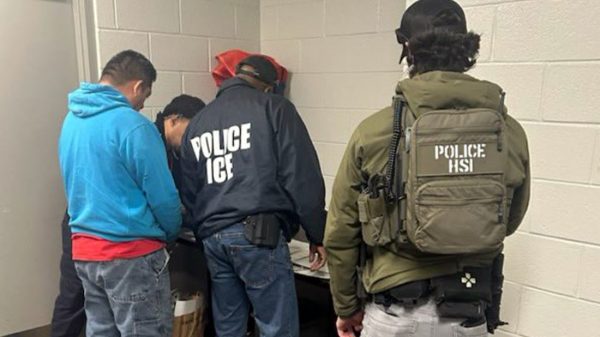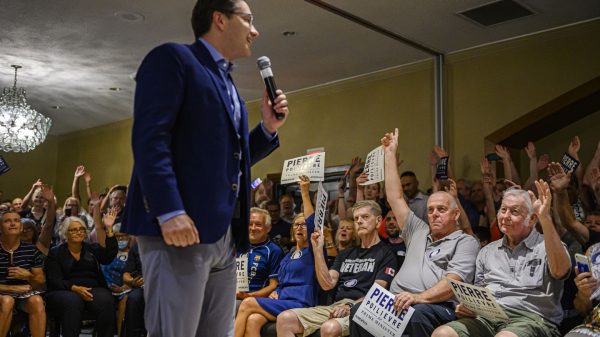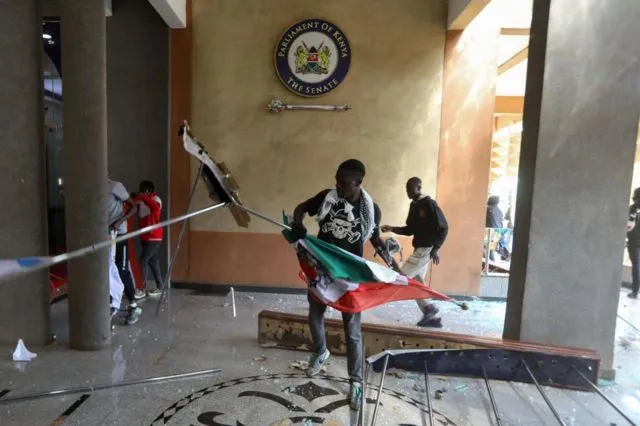In a tense confrontation, police in Kenya opened fire on protesters, leaving at least 12 people injured and sparking widespread criticism. The opposition had organized nationwide demonstrations to urge the government, headed by President William Ruto, to address the crippling cost of living. The protests, which began on Wednesday, saw clashes erupt in several parts of the country, including the capital city of Nairobi.
The opposition, led by Raila Odinga, called for three days of protests to pressure the government to repeal a finance law imposing new taxes. The law, which has doubled the value-added tax on petroleum products, has led to a significant increase in fuel prices, making it harder for many Kenyans to afford basic necessities. The opposition argues that the law is a burden on ordinary citizens, and that the government should take steps to address the issue.
The police response to the protests was decisive, with officers using live bullets and tear gas to disperse the crowds. The Associated Press reported seeing one man shot in the shoulder and two others shot in the leg in the Mathare area of Nairobi. In the city of Nakuru, authorities confirmed that four people were hospitalized with gunshot wounds. The opposition condemned the actions of the police, saying that they were using excessive force against unarmed protesters.
The police also arrested more than 300 people, including seven elected leaders and two close associates of Odinga, on charges including looting, destroying property, and assaulting police officers. The opposition views the arrests as an attempt to cripple their ability to organize and mobilize supporters.
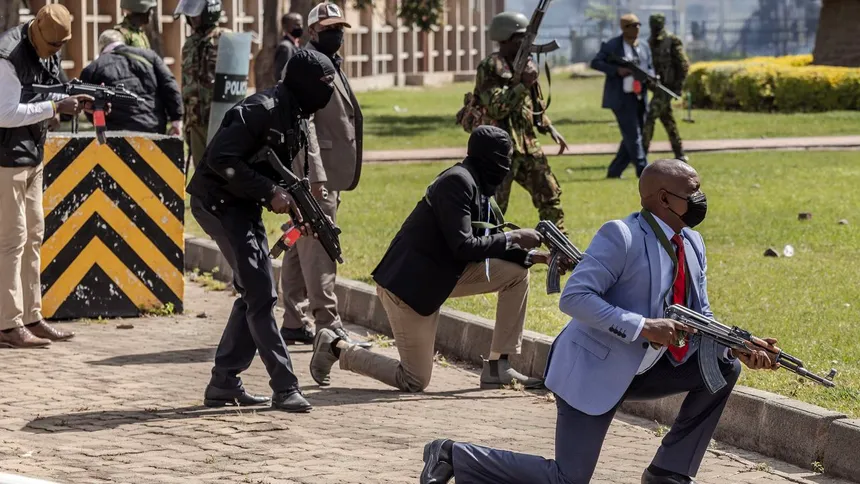
Clashes Erupt as Kenyans Protest Inflation
The human toll of the protests has been significant, with many people injured and several killed in recent weeks. The Kenya Medical Association reported that its members had treated hundreds of patients with injuries related to the protests and had witnessed dozens of fatalities. The group also expressed concern about the limited access to health facilities and the increased mortality rate among patients and healthcare workers.
The International Monetary Fund (IMF) has expressed support for the government’s efforts to reduce Kenya’s debt vulnerabilities, but many Kenyans are concerned about the impact of the new taxes on their daily lives. A resident of Nairobi, Wycliffe Onyango, said that his entire income goes towards paying for food, and that the situation has become dire. “Right now, there is no work going on. We are suffering. I plead with the government to deal with the cost of living,” he said.
The crisis has also attracted international attention, with Western envoys from 13 countries issuing a joint statement calling for dialogue and expressing concern over the loss of life and destruction of property. Human Rights Watch urged political leaders to stop labeling protesters as “terrorists” and to respect the right to peaceful protests. The group also condemned the police for using force and live bullets to confront protesters.
In the midst of the crisis, religious leaders have called for dialogue between the government and the opposition to resolve the impasse. The Catholic bishops have urged the president to repeal the finance law and have reiterated that “no further blood should be shed.” The situation remains volatile, with the opposition vowing to continue protests and the government refusing to back down.

